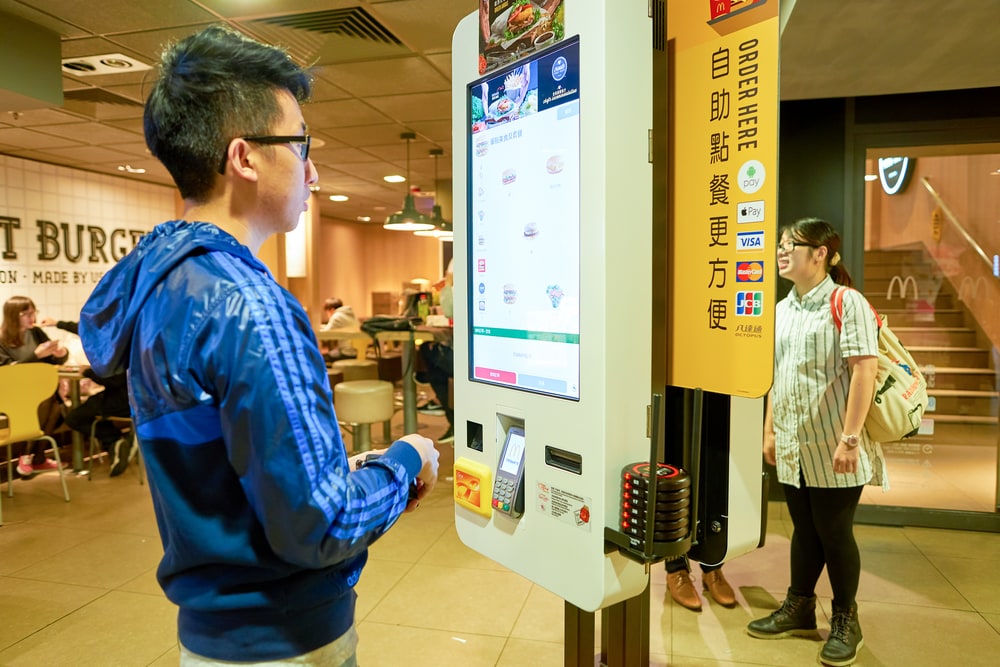
Over the past 12 months, consumers have seen foodservice giant McDonald’s undergo a revamp. A new dining strategy, introduced by the company early last year, promised self-serve kiosks, table service and mobile ordering. Far from a burger joint harking back to 1950s America, McDonald’s has sought to propel itself into 2018 through its Experience of the Future (EOTF) initiative.
Hong Kong is one of the major beneficiaries of this strategy, as McDonald’s within the region participate in new digital marketing strategies, which aim to appeal to a variety of current and potential consumers.
Hong Kong: a digital paradise
Hong Kong is the central hub of tech in Asia, claiming its position as the region with the highest smartphone penetration and internet usage on the continent. McDonald’s’ new dining scheme could not wish for a more suitable audience.
CEO of McDonald’s Hong Kong, Randy Lai, believes that Hong Kong’s digital readiness and McDonald’s’ transition from traditional to digital marketing strategies have combined to create the perfect storm, opening up an array of opportunities for the brand.
“McDonald’s is able to use digital marketing to evolve the customer experience by making the ordering process more convenient, connecting with customers on a personal basis, and even enabling them to create meals to suit their own tastes,” says Lai.
Automation doesn’t have to mean depersonalisation
While some fear automation will hinder the human side of the hospitality industry, McDonald’s believes that these futuristic developments are actually there to enhance consumer experience.
“Self-order kiosks in McDonald’s restaurants are not a labour replacement. They provide an opportunity to transition back-of-the-house positions to more customer service roles such as concierges and table servers, where they are able to truly engage with guests and enhance the dining experience,” says a spokesperson from the company.
With McDonald’s Hong Kong outlets offering ‘My Signature’, an initiative that allows customers to create their own bespoke burger, personalisation is high on the agenda in 2018.
This follows on from other major players in the Asian market, such as Starbucks. Also taking their own steps towards personalisation for consumers, the company’s Digital Flywheel programme uses artificial intelligence to tailor food and drink selections to each customer, based on their profile, preferences, location and even the weather.
All those involved in the F&B industry should expect to see the impact of tech increase in 2018, as the growth of AI and digital capabilities lead to über-personalisation for consumers.
Emily Lewis
